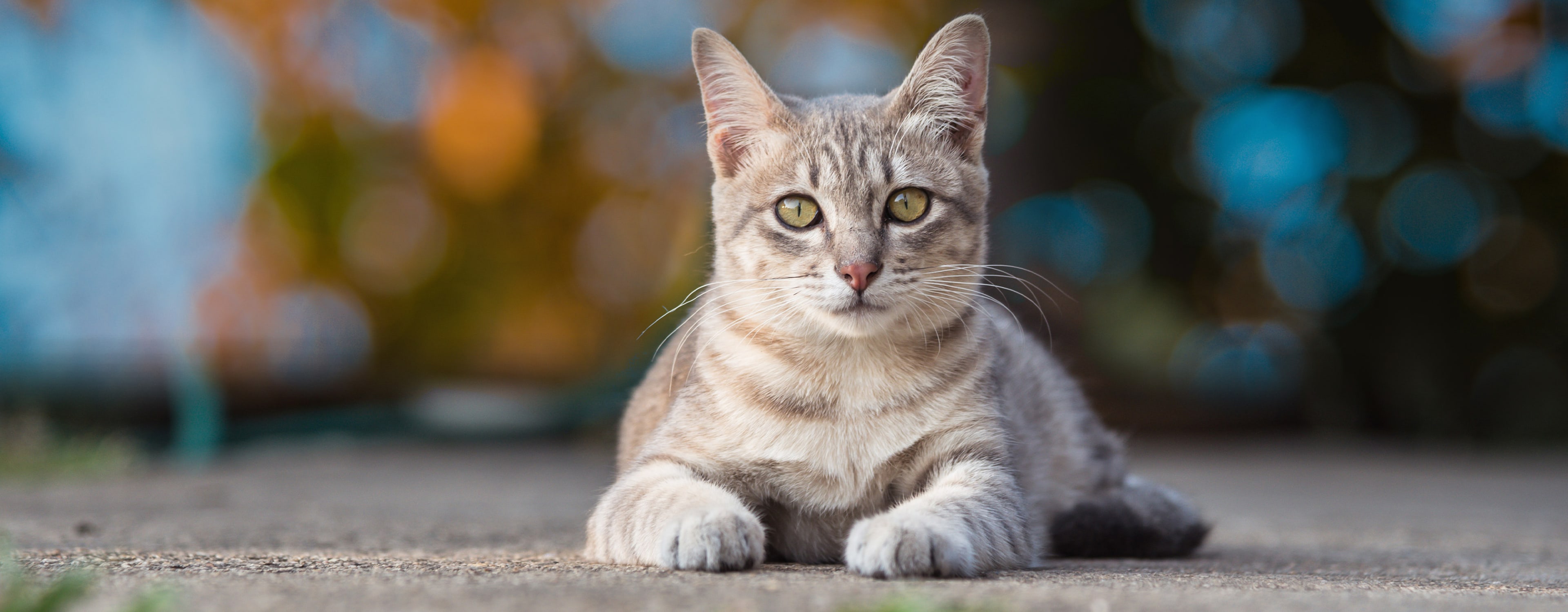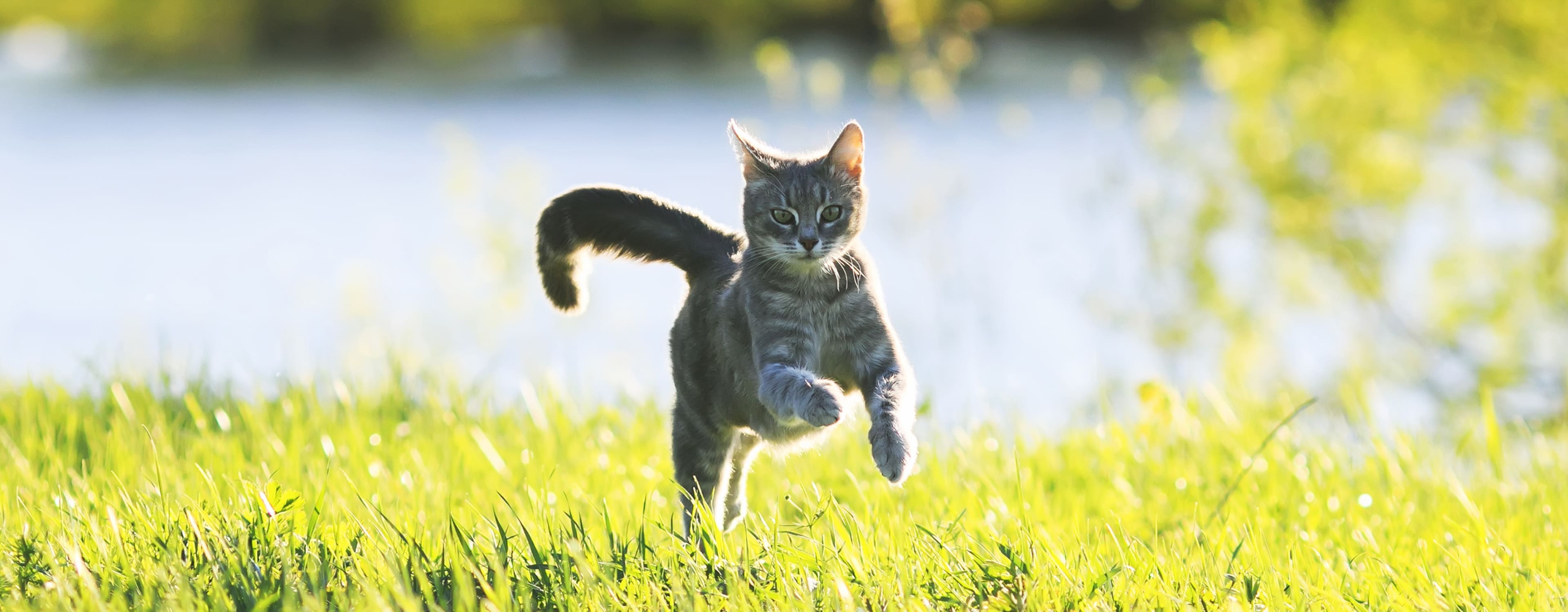- Regulations in Sweden; SJVFS 2020:8 no. L 102.
- Herron M. E. & Buffington C. A. (2012) Environmental enrichment for indoor cats: implementing enrichment. Compendium on Continuing Education for the Practising Veterinarian 34(1): E3.
- Herron M. E. & Buffington C. T. (2010) Environmental enrichment for indoor cats. Compendium on Continuing Education for the Practising Veterinarian 32(12): E4.

Cats
Animals living with humans should be treated as beloved family members according to the needs of the animals. Project 1882 urges everyone thinking of sharing their homes with a cat to turn to rehoming facilities for homeless individuals.
Project 1882 advocates for cats by:
- Informing the public about the benefits of adopting homeless animals and spreading knowledge about the needs of cats.
- Putting pressure on politicians and authorities in matters regarding family animals. For example, Project 1882 has been a driving force on issues of stricter sentences for animal cruelty as well as mandatory identification and registration of cats in Sweden.
- Making it easier to find reputable organisations working to rehome homeless animals in Sweden, via the rehoming register.

Problems for cats
Project 1882 works to decrease homelessness among cats and advocates that they should become a more natural part of their human families. Cats are one of the most common family members in the EU, yet to this day a lot of them experience homelessness.
If cats who spend time outdoors are not castrated, unwanted kittens risk being born for whom either euthanasia or a life of homelessness awaits. Cats with access to the outdoors should therefore be castrated at a suitable age. Limiting unplanned reproduction is also regulated by law in some EU member states, such as Sweden,(1) which Project 1882 played a role in advocating for.
There are many homeless cats in need of secure and loving homes. Those who contemplate bringing a cat into their family can turn to a cat shelter or a rehoming organisation helping homeless cats.
Mandatory identification and registration
On the 1st of January 2023, a requirement on mandatory identification and registration of cats with the Swedish Board of Agriculture was put in place. Project 1882 is encouraged by this since it can decrease homelessness and increase the status of cats, and now advocate for it to become a reality all over EU.
Supervision during time spent outdoors
When cats spend time outdoors, they get to live a freer life with lots of stimulation, but cats living in that way also risk getting injured by traffic at the same time as they themselves injure and kill small wild animals in great numbers. Hunting lies in their nature, but we humans can make contributions to reduce the problems associated with that. The wellbeing of cats is also jeopardised because humans don’t understand their need for stimulation, for moving around and for expressing their natural behaviors.(2, 3)
It is important to supervise cats when they are outside in hazardous environments in order to minimise injuries inflicted upon them and smaller animals. Many other ways of helping cats to live out their hunting behaviour without causing injury to other animals exist. Some examples include playing with various cat toys, scattering food with scent and a home that caters to the nurture and stimulation that a cat needs.